How Can I Prevent Bone Loss and Osteoporosis?
Without proper care, your bones can lose density and become too weak to support your body, putting you at high risk for breaks. But bone loss can be prevented.

By Nermin Lazarus, DO, Family Medicine and Lead Physician, Exuberan by Virtua
Like the frame of a home, your body needs strong bones to provide a stable foundation that will stand the test of time as you age.
But without proper care and maintenance, your bones can break down, lose density, and become too weak to support your body. This puts you at high risk for breaks.
In its earliest stages, this weakening is called osteopenia. As bones get more “porous” and weak, it’s called osteoporosis.
What’s the difference between osteopenia and osteoporosis?
The difference between osteopenia and osteoporosis is related to your T-score, which is how the results are reported for a bone mineral density test (DEXA scan).
A T-score compares your bone mineral density to that of a healthy 30-year-old.
- A T-score of -1 or above means you have normal bone mineral density.
- A T-score between -1 and -2.5 means you have osteopenia or low bone mineral density.
- A T-score of -2.5 or below means you have osteoporosis or very low bone mineral density.
Moderate to advanced osteopenia and osteoporosis are treated with prescription medication. But it’s much better to do all you can to prevent the onset altogether.
What’s my osteoporosis risk?
Our bones are alive and constantly changing. Old bone tissue is always being replaced by new bone tissue, which needs calcium to form.
But, by the time you’re 35, old bone tissue breaks down faster than new bone tissue can form. As a result, your bones might not have enough calcium, which makes them weaker and more likely to fracture or break.
A broken bone can be a very serious problem in an older person. People over age 65 who experience a bone fracture are more likely to have a dramatically shorter life expectancy and are more likely to experience frequent hospitalizations.
For women, your doctor will probably recommend regular bone mineral density tests once you hit menopause, as postmenopausal women are at the greatest risk of developing osteopenia and osteoporosis.
That said, anyone can develop osteopenia or osteoporosis at any age.
Other risk factors include:
- Family history of osteoporosis
- A small or thin body frame
- Smoking
- Taking certain medications, like steroids or antacids, for extended periods
Since young women and men aren’t routinely screened for osteopenia or osteoporosis, and since you can’t feel bone loss, it’s a good idea for everyone to do their best to keep their bones healthy and strong.
What can I do to strengthen my bones?
You can’t always prevent osteopenia or osteoporosis, but it’s worth the effort. Improving your T-scores with regular exercise and increased calcium intake is possible. These recommendations are a good starting point:
Exercise
Weight-bearing exercise is best for your bones, and the simplest weight-bearing exercise is walking. As you get stronger, you should go farther and faster and add a weighted vest or ankle or wrist weights for greater benefits. Dancing, tennis, pickleball, yoga, and weight training are other great options. Aim for 30 to 60 minutes daily, at least 5 times a week.
Hormone replacement therapy (HRT)
Newer studies have shown that HRT, when prescribed appropriately, can offer numerous health benefits before and after menopause. This includes a decreased risk of osteoporosis as HRT helps maintain bone density, reducing the risk of fractures. It’s important to weigh the potential benefits and risks with your health care provider.
Calcium
Younger adults should consume around 1,000 milligrams (mg) of calcium daily, while women over 50 or men over 70 need 1,200 mg a day.
You can reach the calcium recommendation for your age/gender by eating a varied diet that includes healthy dairy products, like skim milk, cottage cheese, yogurt, low-fat cheese, and green vegetables, like bok choy and kale. Even sardines have a healthy amount of calcium.
However, you shouldn’t rely on dietary calcium alone, especially if you have other risk factors for bone loss. Research has shown that calcium is absorbed best in smaller doses of 600 mg or less. One calcium supplement of 600 mg daily added to your dietary intake is recommended, along with vitamin D, which helps your body absorb the calcium.
Take the next step to improve your bone health
- Schedule an appointment to talk to your primary care provider about your bone health and what you can do to keep your bones strong.
- Learn more about all your menopause treatment options and how hormone replacement therapy can support your overall health.
There's So Much More to Explore
Discover expert insights, inspiring stories, health tips, and more by exploring the content below!

The Weird Pregnancy Side Effects No One Tells You About

How the Unique Stages of a Woman's Heart Affect Her Health

Cervical Cancer Screening Guidelines: What You Need to Know

HeartTalk Magazine

How to Spot the Early Signs and Symptoms of a Stroke

Knee Replacement Rehab: 7 Exercises to Restore Your Strength and Range of Motion

Bioidentical Hormone Replacement Therapy Pellets: Relief for Menopause and Andropause Symptoms

Why Is Sex Painful During Pregnancy? Pelvic Congestion Syndrome Explained
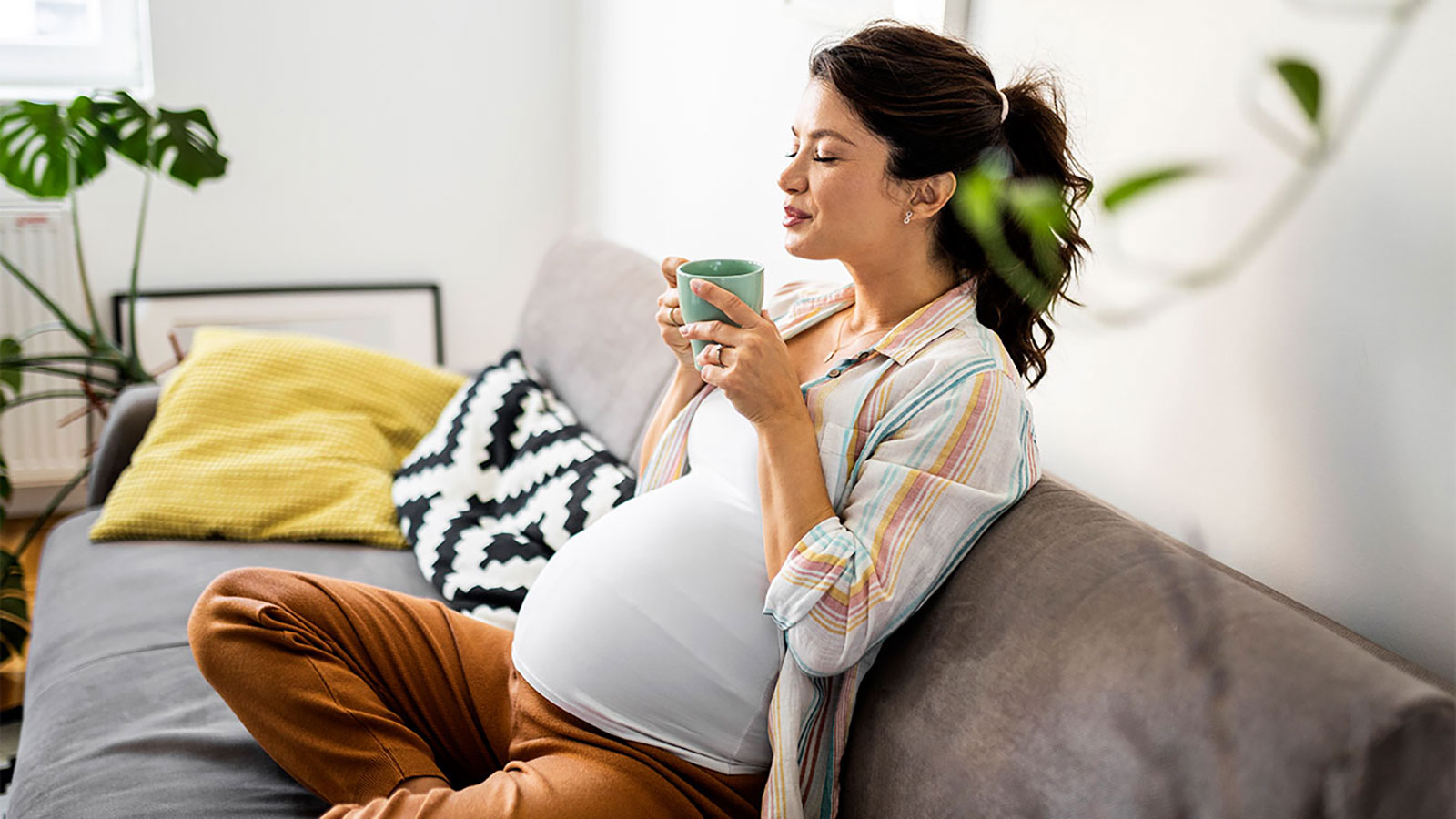
COVID-19 Vaccines and Pregnancy: FAQs

From Exhaustion to Empowerment: Tracy's Hormone Replacement Therapy Success Story

Sexual Health FAQs: The Questions Everyone’s Too Embarrassed to Ask
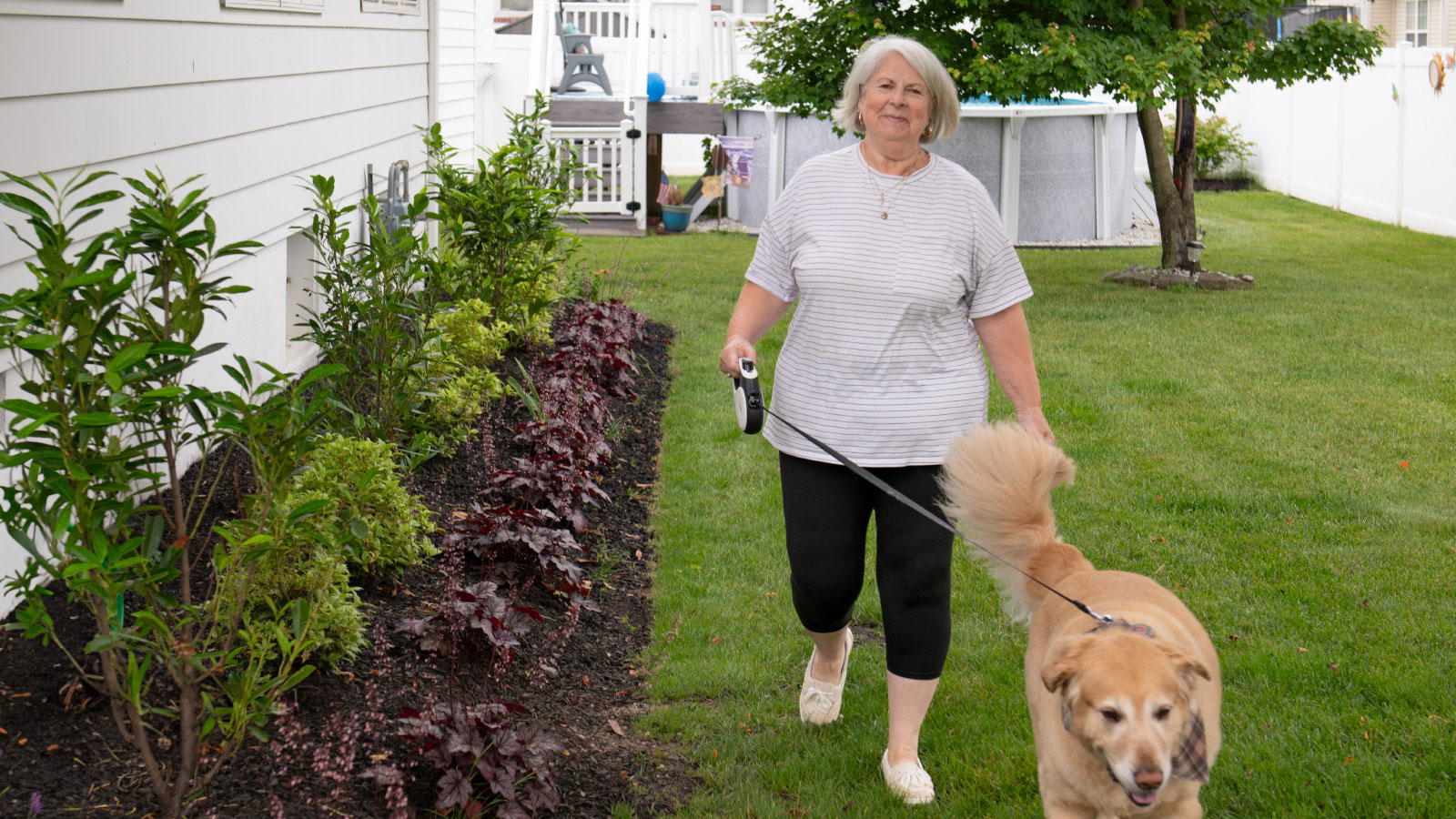
From Caregiver to Patient: Robotic Surgery Relieves Teresa's Knee Pain

Young Breast-Cancer Survivor Has New Hope for Healthy Future
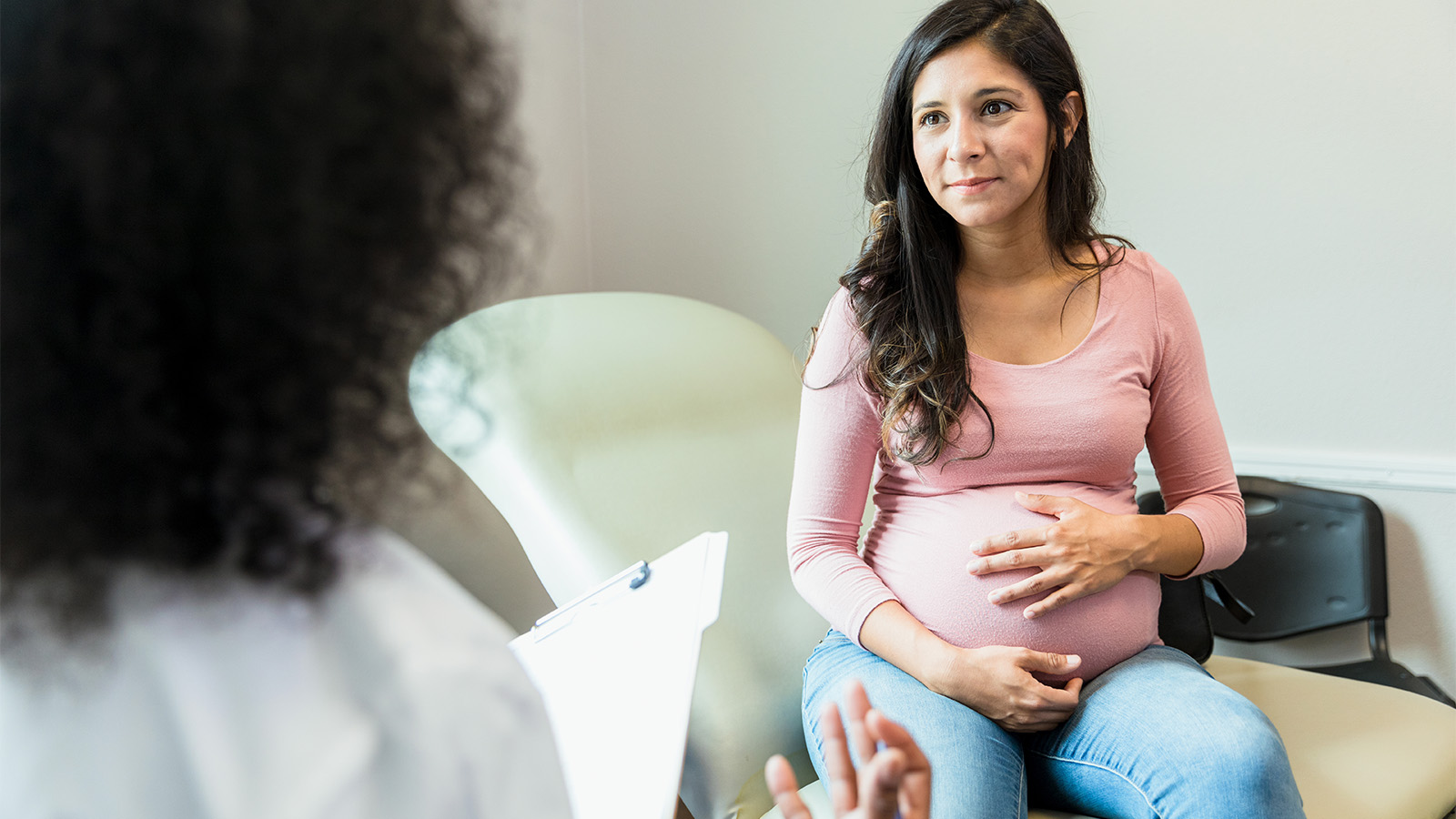
What To Know About Vaginal Discharge During Pregnancy

Tara's Story: From Debilitating Uterine Fibroid Pain to a Half-Marathon Medal

Is Your Post-Pregnancy Belly Bulge a Sign of Diastasis Recti?

Your Guide to Mammograms: When to Get Screened and What to Know

Healthy Weight Gain During Pregnancy: A Guide for Moms-to-Be

Not Just for Wrinkles: Botox Injections Promote Improved Bladder Control

Caring Maternity Team Transforms Harley's Pregnancy Crisis Into Lasting Memories
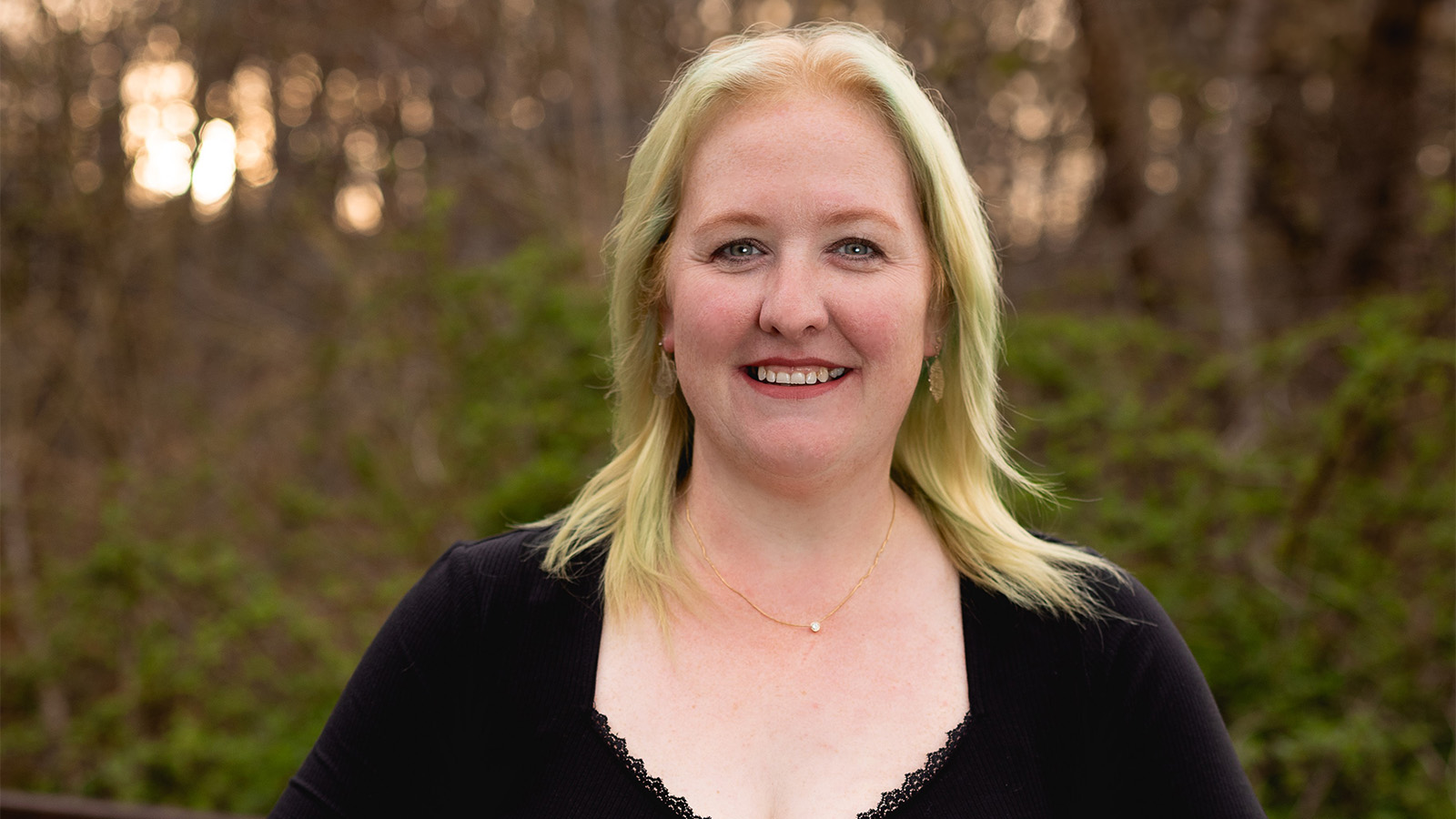
Robotic Hysterectomy, Trusted Care Help Bobbi Shine Again
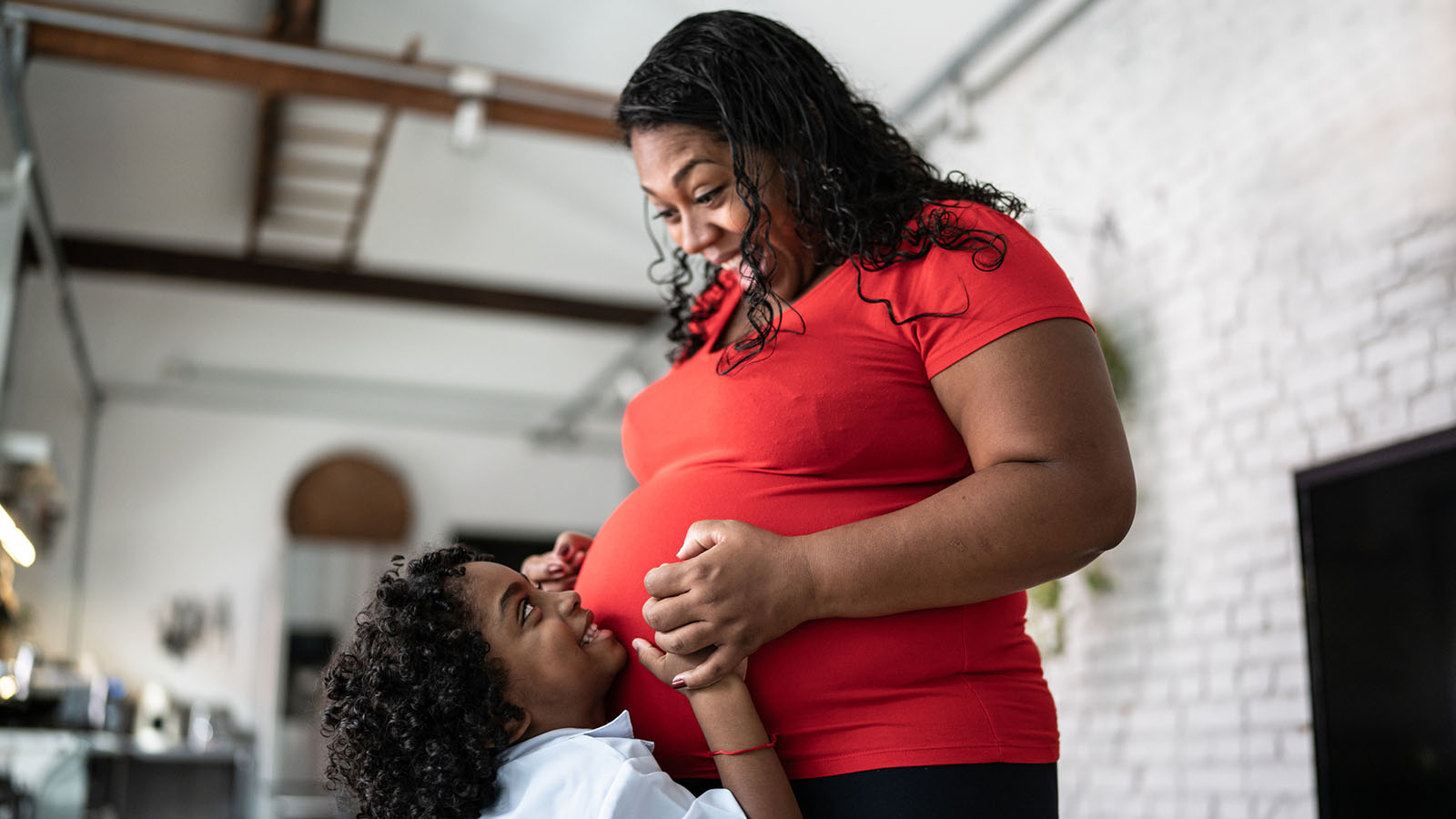
How to Have a Healthy Pregnancy if You're Overweight

4 Surprising Health Truths You Should Know

Is Low Sex Drive Normal? Revealing the Complex Causes of Low Libido in Women

CABG Surgery: What Women Should Know About Heart Health and Healing
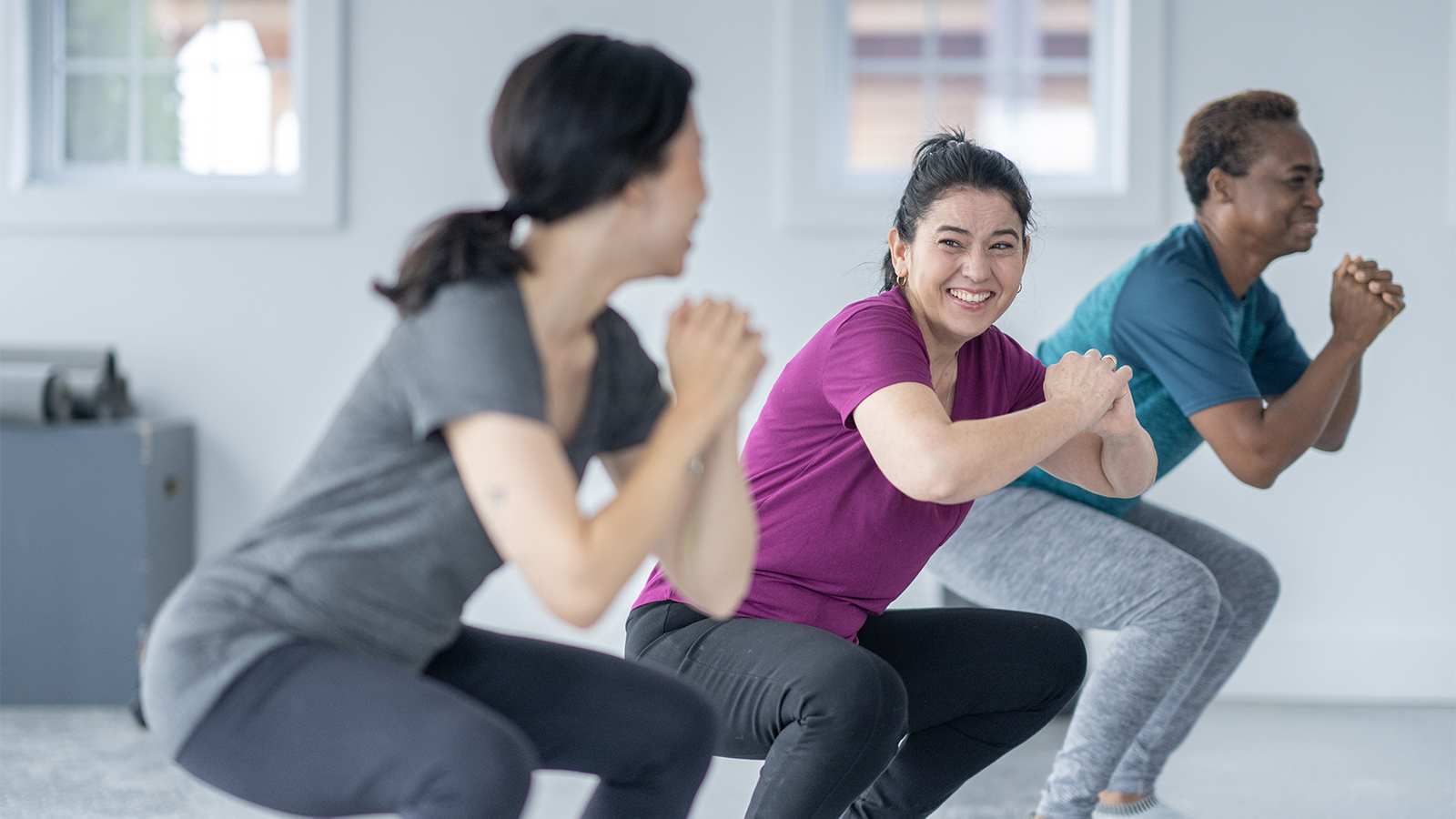
Stress Incontinence vs. Urge Incontinence: What's the Difference?

4 Foolproof Pelvic Floor Strengthening Exercises for Women

What to Expect During Perimenopause

4 Ways to Stay Fit and Healthy on a Budget

Do You Know the Signs and Symptoms of Uterine Fibroids?

How Are Uterine Fibroids Treated?

Can I Have Sex After a Hysterectomy?
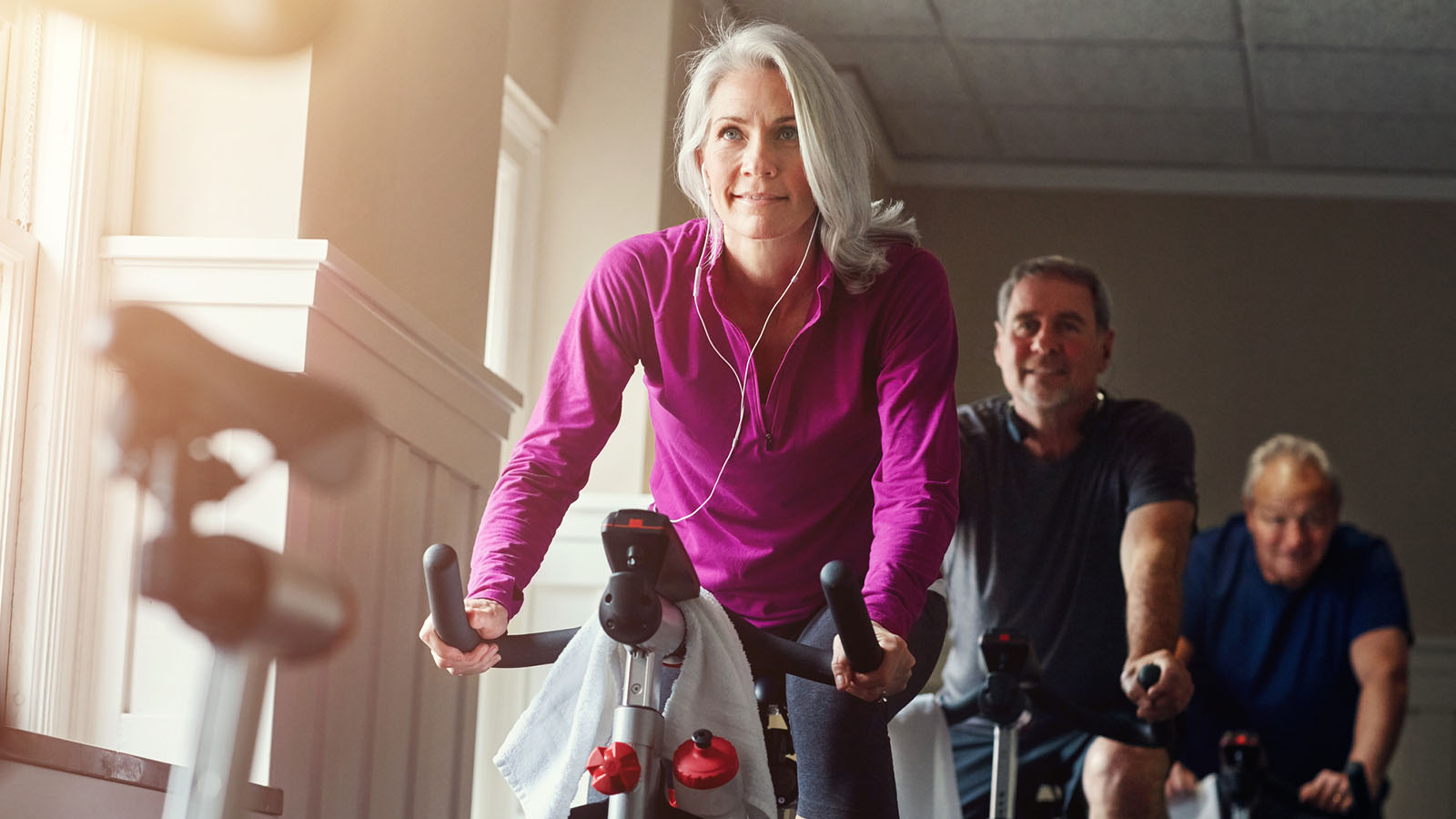
What to Expect From a Robotic Hysterectomy
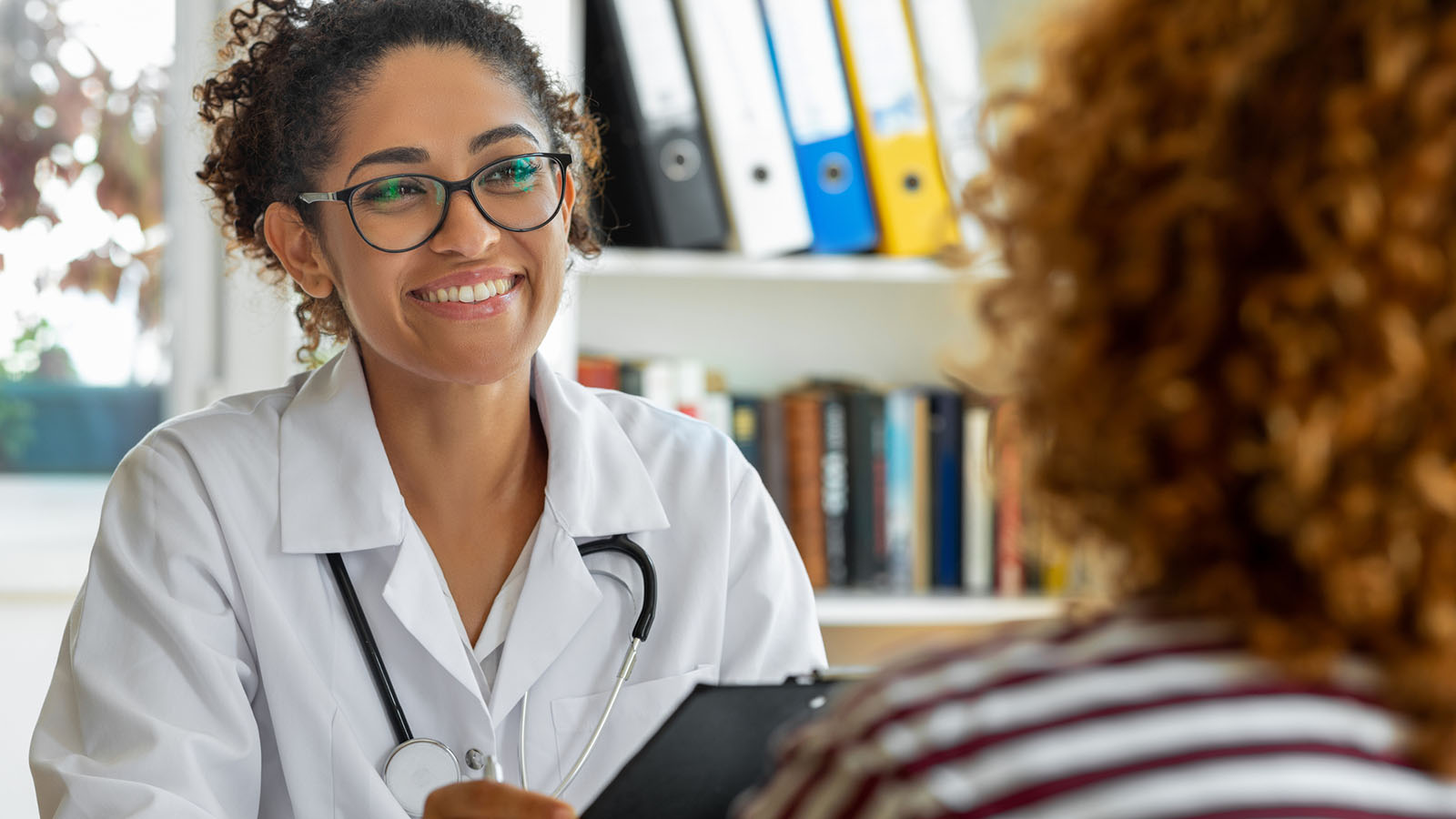
When You Need A Hysterectomy Know Your Options

Take Control of Incontinence, Prolapse, and Other Pelvic Floor Disorders

How Can I Prevent Bone Loss and Osteoporosis?

A Woman’s Four-Step Guide to Fight Back on Back Pain

What You Need To Know About Carpal Tunnel Syndrome
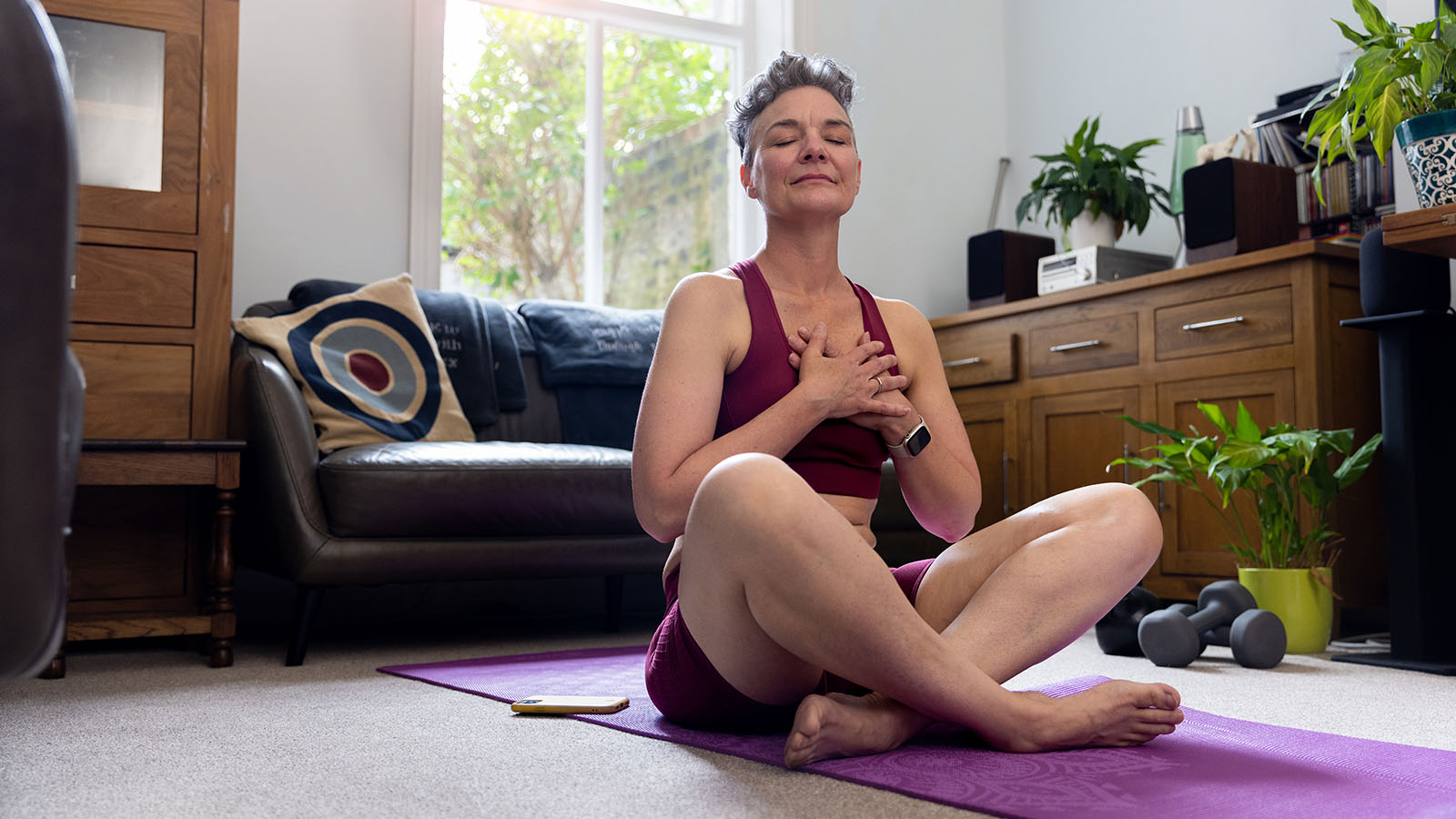
The Truth About Menopause, Weight Gain, and Belly Fat

Shedding Light on Lesser-Known Menopause Symptoms and Solutions

Debunking The Myths About Vaginal Dryness
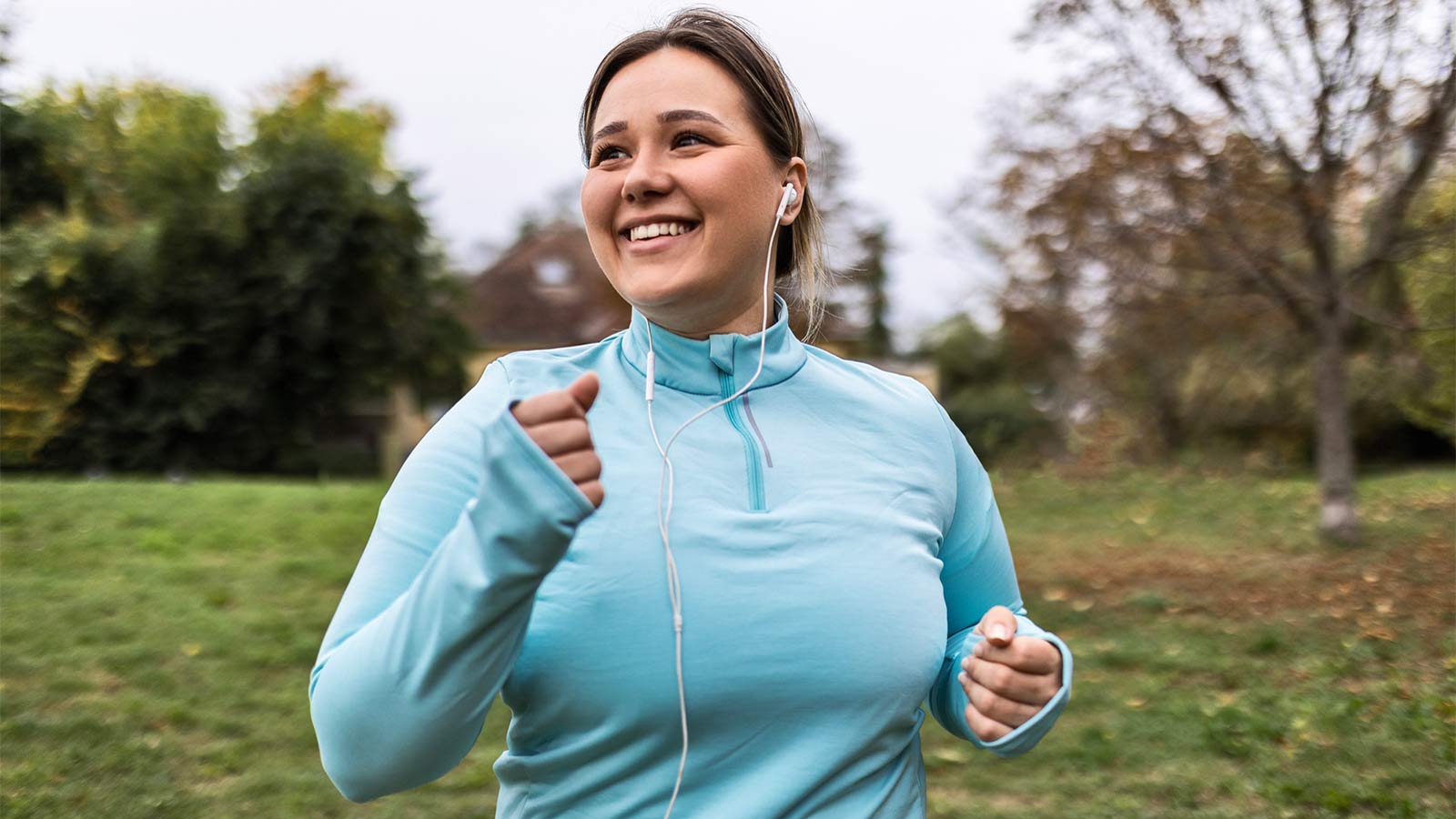
Advanced Minimally Invasive GYN Surgery Puts You at the Center of Care

Colitis Symptoms Under Control, Jennifer Is ‘Living My Best Life’

Surprising Symptoms May Signal Stroke In Women
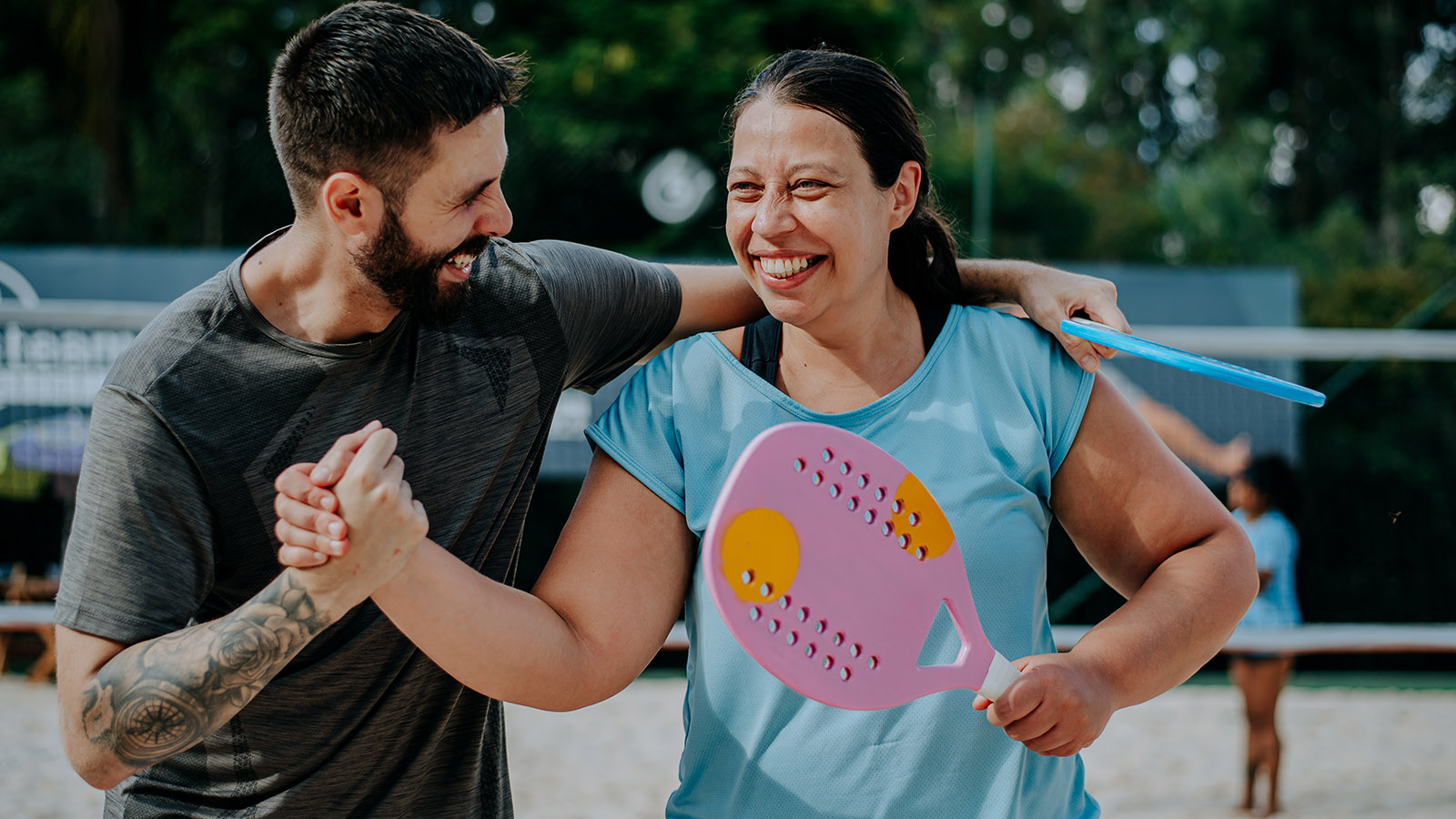
Five Back Pain Risk Factors That You Should Know

Is My Back Pain Normal, or Is It Spinal Stenosis?

The HPV Vaccine: A Powerful Shield Against Cervical Cancer

How Does Breast Density Affect Your Mammogram?

Menopause: New Insights Into the Power of Hormone Replacement Therapy

How to Prevent and Treat Urinary Tract Infections

One New Heart Valve Saves Two Lives in the Tritten Family

4 Easy Ways to Treat and Prevent Runner's Knee

Breast Cancer Diagnosis Inspires Catherine to Help Others
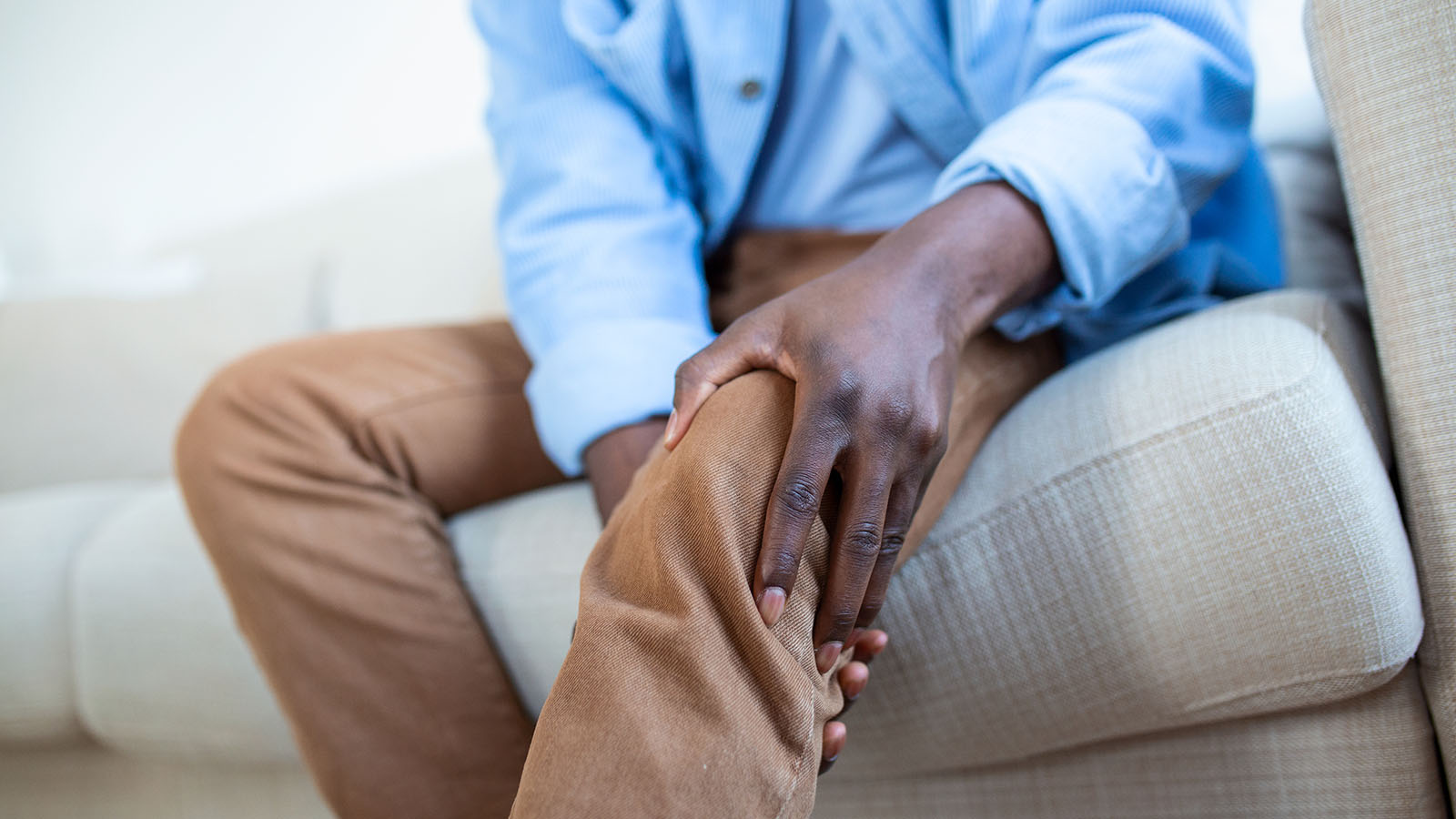
When Should I See a Doctor About My Knee Pain?

A Non-Athlete’s Guide to Shoulder Overuse Injuries
Shoulder problems aren’t limited to athletes. Virtua orthopedic surgeon Sean McMillan, DO, explains shoulder overuse injuries and prevention in this article.
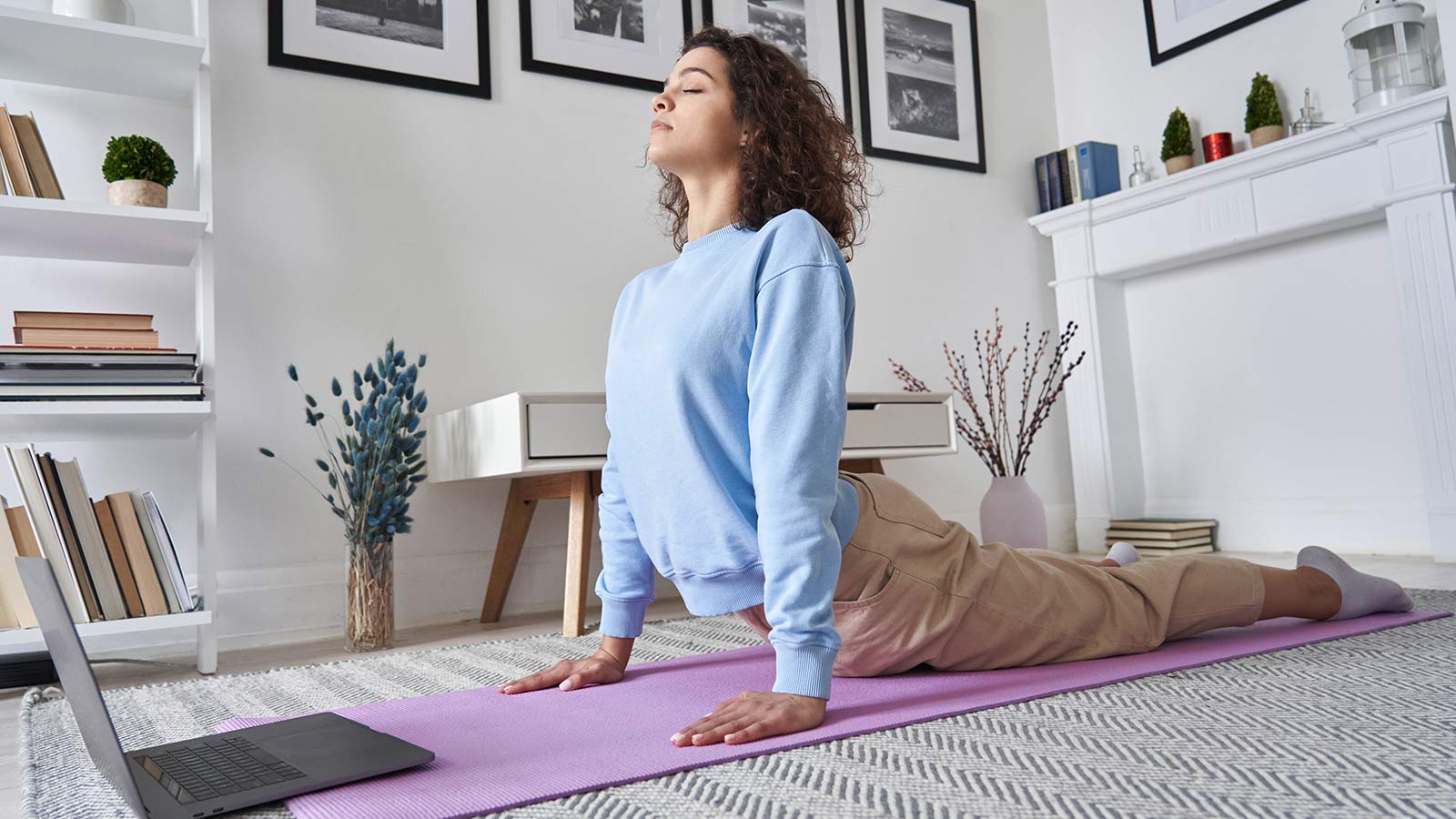
Put Lower Back Pain Behind You With This Ten-Step Guide

Wide-Awake Hand Surgery Speeds Recovery, Puts Control in Patients' Hands

3 Ways to Avoid Knee Pain

When Should I See a Doctor for My Hip Pain?

When Should I See a Doctor About My Shoulder Pain?
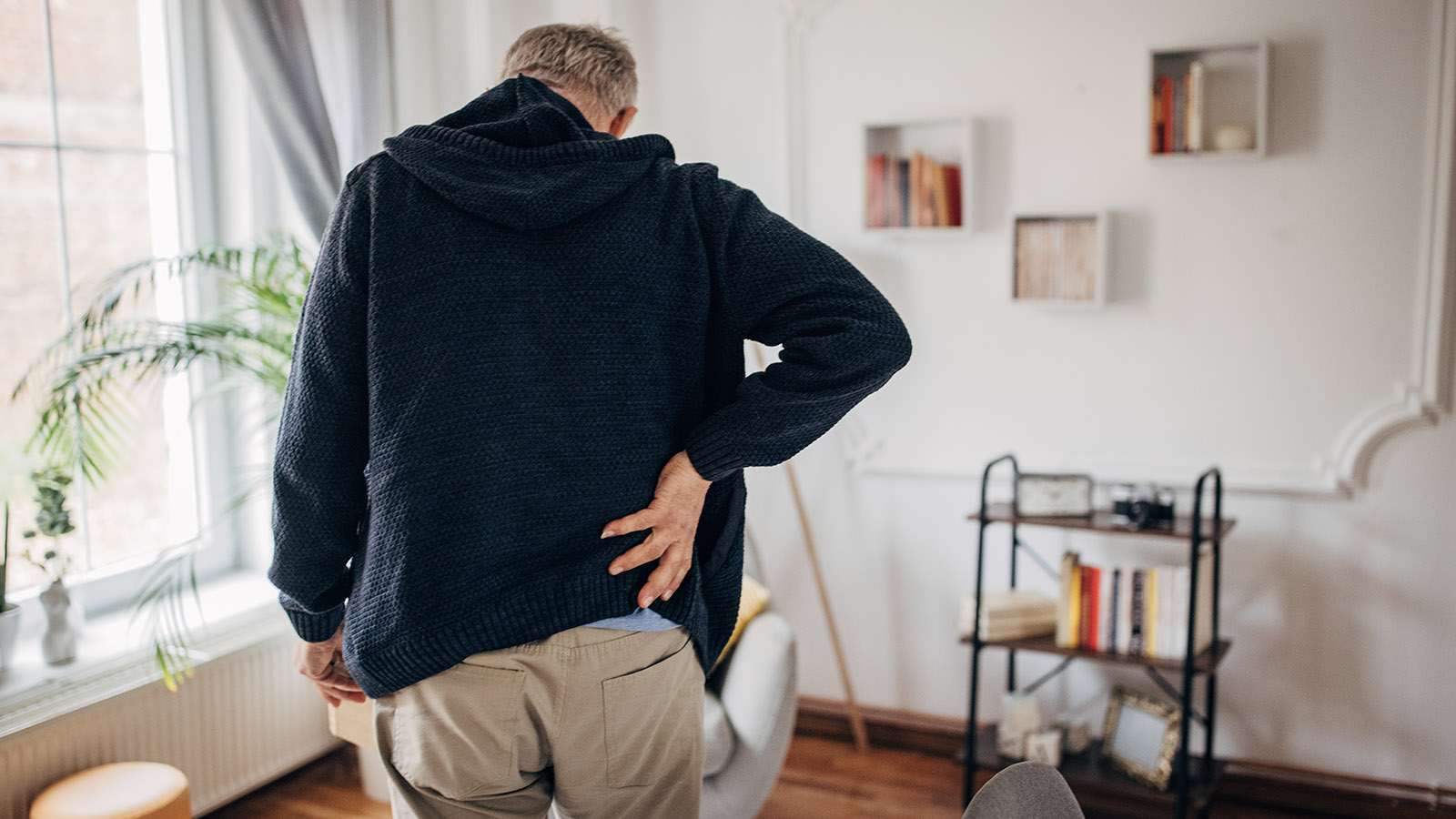
Is My Back Pain Normal, or Is It Sciatica?

Is My Back Pain Normal, or Is It a Herniated Disk?

When Is It Back Pain, and When Is It Something More?
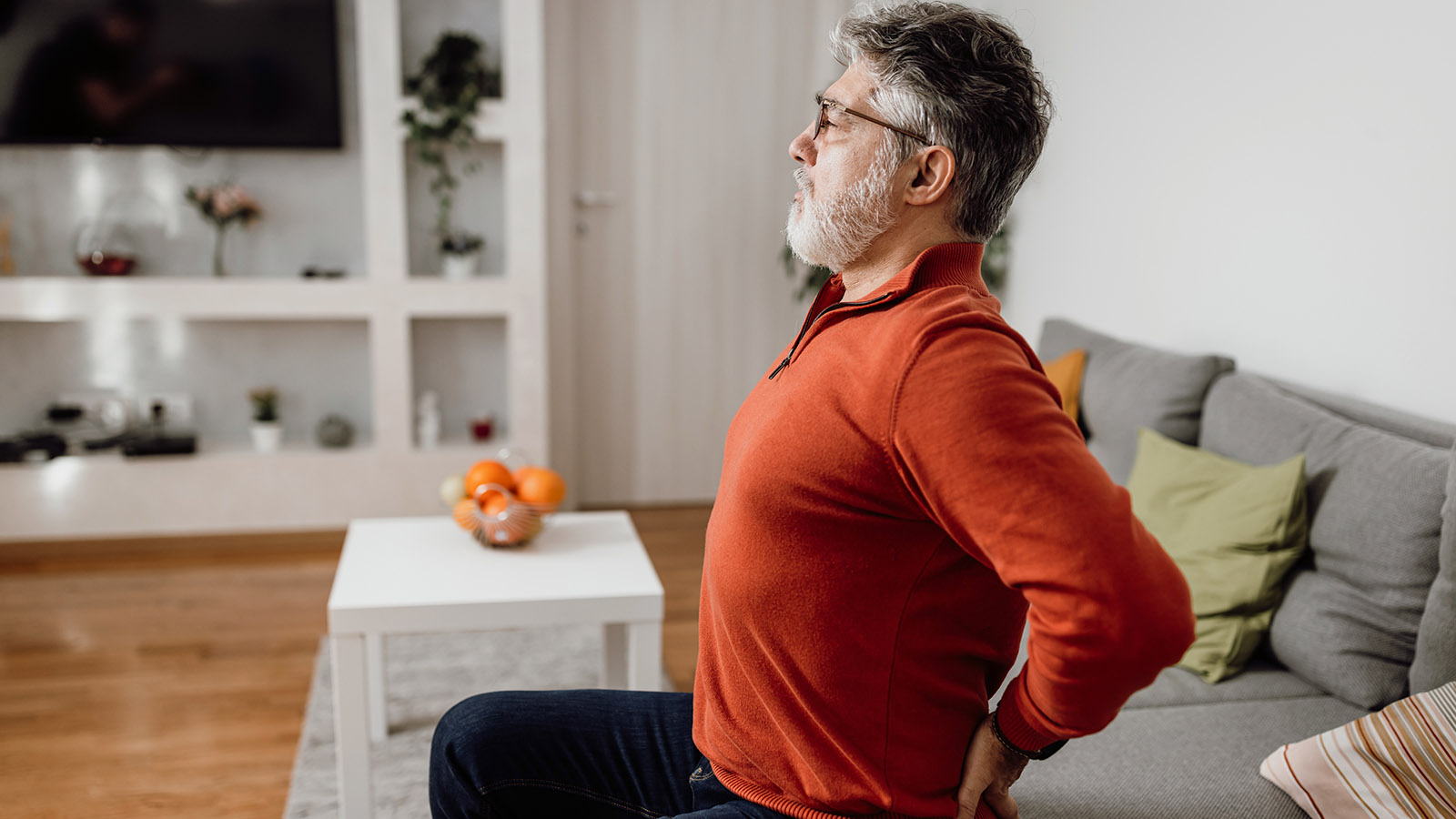
What Can I Do Right Now About My Aching Back?

How Do I Get Rid of This Back Pain for Good?

When Should I Be Worried About My Neck Pain?

Sarah Wins Back Her Health After Crohn's Disease Diagnosis

A Breast Self-Exam Saved Kristen's Life

How Sex Keeps You Healthy as You Age

Protect Your Child From HPV and Related Cancers

Why IUDs Might Be The Most Effective Birth Control

5 Things You're Too Embarrassed to Tell Your OBGYN

